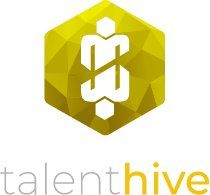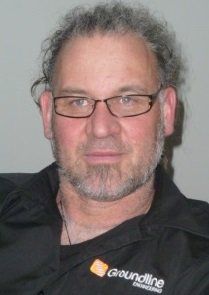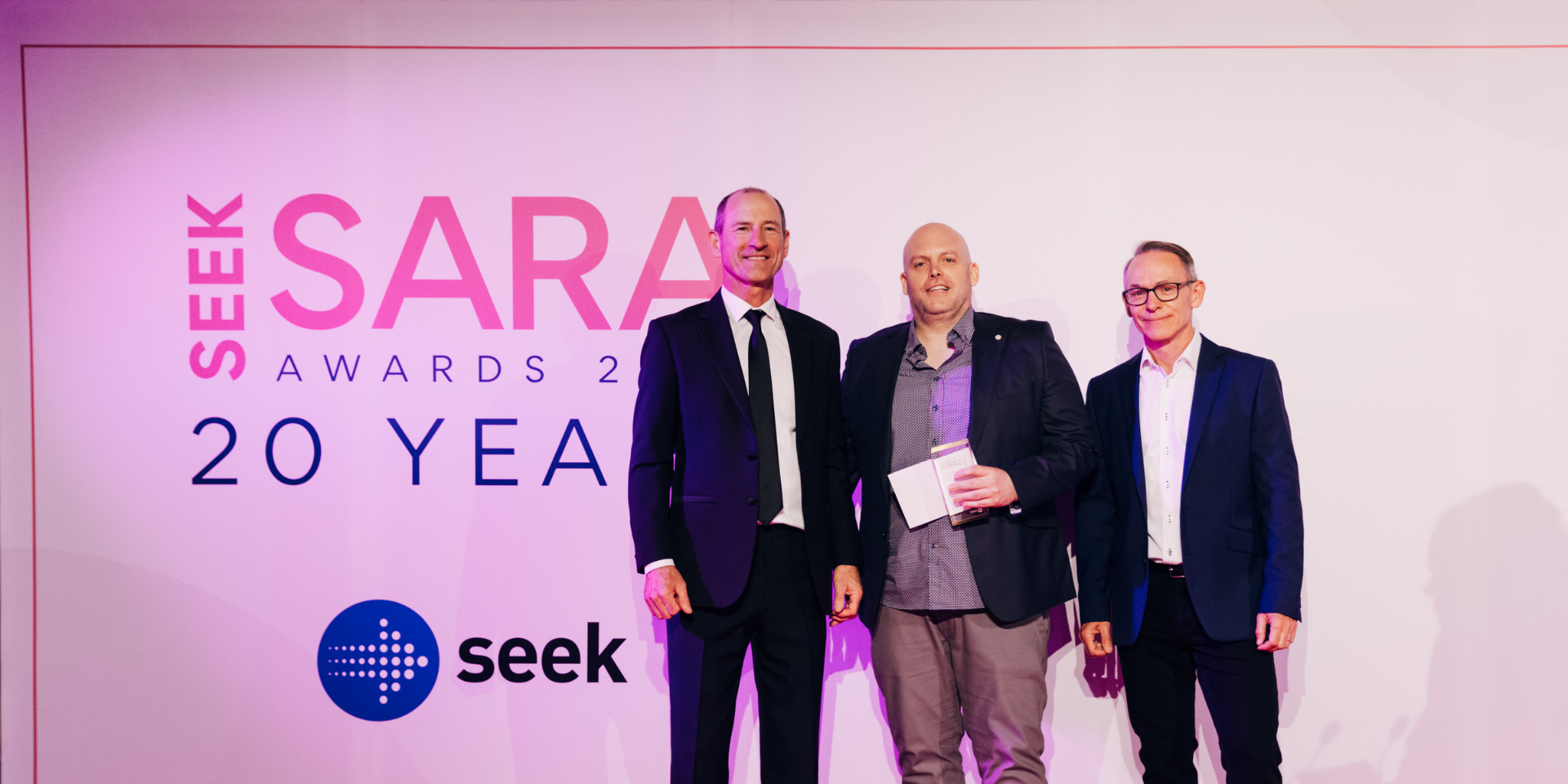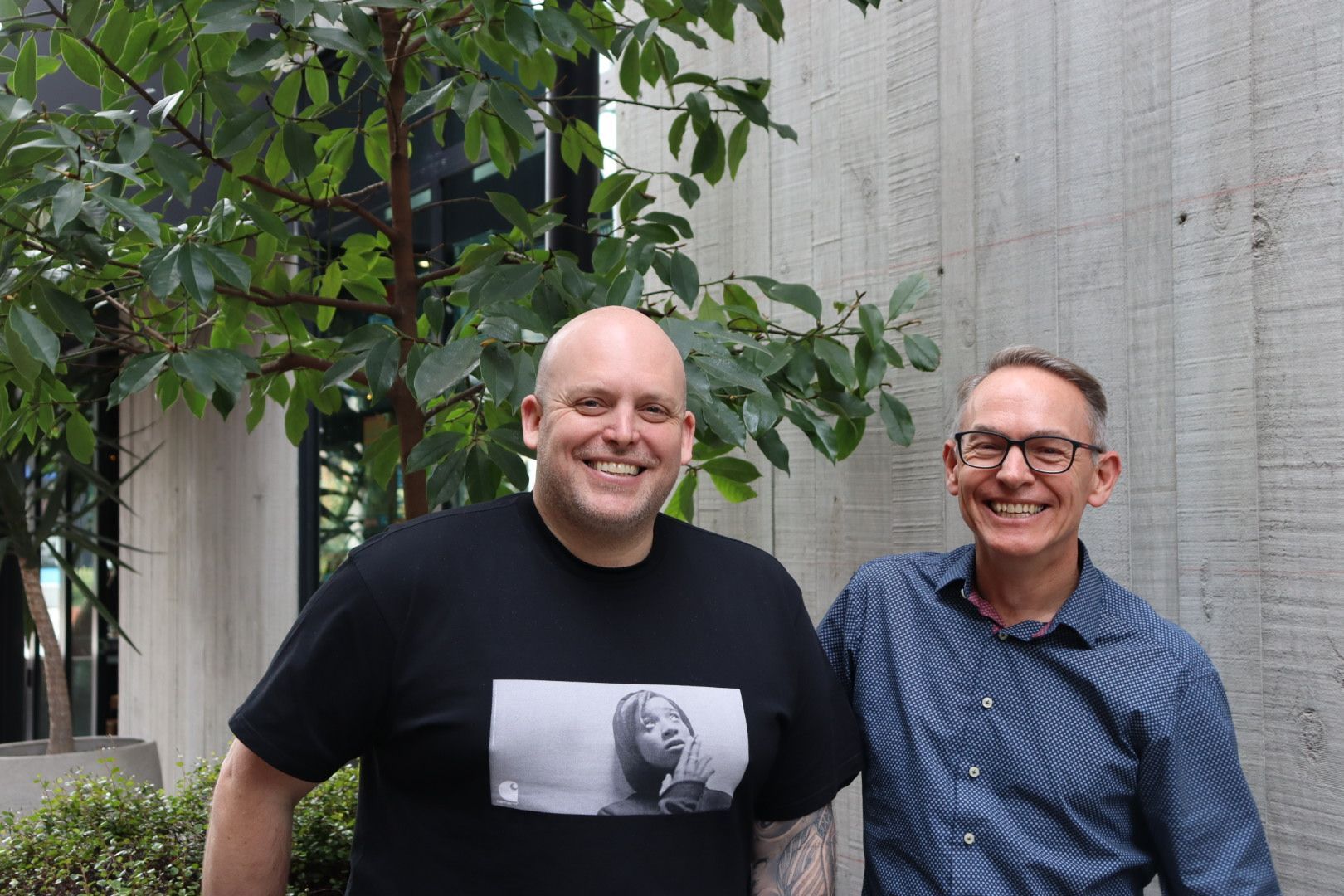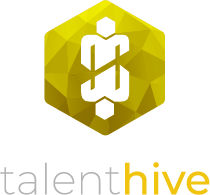GROUNDLINE ENGINEERINGIS SKY HIGH WITH CAREER OPPORTUNITY
Matt • Sep 20, 2021
Groundline Engineering is a specialist consultancy with expertise in transmission and distribution asset optimisation including Line Engineering, Asset Condition Management, Testing and R&D. Over the past thirteen years they have developed a strong market position built on quality, innovation and the consistent delivery of complex projects to their expanding international client base.
Richi Cleland is a Director of Groundline Engineering and his background is in transmission line engineering; onsite project engineering and management of network construction projects. Although these days he is seldom found on the tools, Richi gets considerable enjoyment managing and overseeing his teams who deliver for clients across New Zealand and Australia.
Although Richi is a busy man we managed to grab a few minutes of his time to find out more about the story behind why this consultancy has become such as success story and a great place to grow your engineering career.
Ground Line Engineering seems to be going from strength to strength, what is the secret to the company’s success to date?
It comes down to a number of approaches and operational strategies;
- The team culture & communication:
- Work smart, work together; uphold the right to dissent and challenge.
- Listen to the client, identify firm scopes and early engagement when challenges arise.
- Cross business integration and a lack of Silos within our broader team. With knowledge shared across four offices in different time zones, intra office communication and sharing of expertise is encouraged. The use of video conferencing with a flat management structure provides a competitive advantage when delivering best resource to clients.
What are the company’s main objectives over the next year?
- To continue to build on customer delivery and satisfaction. Part of this objective includes building the team across all three countries. We have added significantly to the team in 2017 and need a few more talented people with similar values.
- To Commercialise our Innovation; Following internal development of leading technologies and product offerings, Groundline is well placed to deliver to the industry, improvements in asset management and public safety. Key to this has been the development and commercialisation of THOR, our non-destructive timber pole tester together with the introduction of Covered Conductor technology to South Eastern Australia in the battle against bushfires.
What kind of new recruits are you looking for to help you achieve these objectives?
A motivated doer with excellent communication skills. We place high priority on having the right people join us. The ability to lead, participate and work collaboratively within the team is as important as technical capability.
What attracts Engineers to your industry and to working with Groundline?
- A lack of Silo’s, we do not have or want a ‘cubicle culture’.
- Access to excellent technical support and on the job training.
- Also, we’re a bunch of good buggers!
Tell us a little about the challenges new recruits can look forward to getting their teeth into over their first 6 months?
- Maintaining an ageing asset base. Challenges of ensuring infrastructure meets community and client expectations.
- Our current projects are focused on asset optimisation, upgrades, replacement of existing infrastructure and integration of new generation into existing grids.
- This involves engineering assessment of existing structures and foundations, replacement and upgrading of conductors, design of new connections and construction support to contractors.
Where do you see the future for your industry?
We are a niche player in supporting the supply of a key infrastructure. Society expects reliable power supply, expects it to be as cost effective as possible, as well as supplied and maintained with least impact to the environment.
Until very recently, new lines were still being constructed; current work has focused on maintaining and optimising existing infrastructure; and the challenge for the power industry now is forecasting future demand and the impacts of new technologies.
On one side we have real time line rating, distributed storage, and local (solar/windfarm) technologies that will assist in smoothing out peak demand; on the other we have increased demand for clean energy to support a growing population and the reality of electric cars and distributed generation. Our population is forecast to grow 25% over the next 20 years and currently only 25% of our total energy use is met by electricity.
The need for a reliable and stable grid will not diminish and has potential for significant growth. The integration of new technologies into the grid and increased energy demand form part of the interesting challenges ahead.
How important is a positive organisational culture for your business?
It’s a core value and 100% priority.
How did you get into Transmission Line Engineering?
Job opportunities were tight in the late 90’s. A tutor pointed out opportunities for engineers in the power game so I called Ian (my fellow director), whom was working for Alstom at the time, to see if anything was going. He found something for me because he initially liked that fact I got off my arse and sought out the opportunity.
I worked for Alstom in a summer placement after which I was offered a full-time position. Ian moved to Australia one month later, taking on a variety of positions and placements across the industry.
What was your inspiration for establishing your own engineering consultancy?
Ian & I were both seeking change and could see the opportunity to consult in our areas of expertise. We founded the company in 2004, with the aim of providing non-destructive technology and solid engineering services to the power line industry. Some Thirteen years later with offices in three countries we are one of the largest dedicated power line consultancies in Australasia and have recently established in the UK where we now find ourselves as preferred suppliers to many industry participants.
What are the biggest changes that you have seen within the industry over the past 5-10 years?
The introduction of what we call the ‘procurement lead revolution’. The cost to secure work has significantly increased. Procurement teams require more detail than tendering direct to the technical team whom want the delivery, as it once was.
Engineering requirement and capability within the contractors that service the industry has diminished. I put this down to a shift away from design/build services supplied by a contractor to the design being completed by consultants such as ourselves.
What engineering challenges lay ahead for the industry?
The advent of new technology such as electric cars, and improved renewable energy sources (such as solar and wind) requires a solid power grid.
Improving the understanding the grids limitations in terms of both power transfer and end of life expectations coupled with stronger and more frequent climatic events, provides solid challenges for the engineering sector within the power line industry.
Christchurch:
2/38 Southwark Street
Christchurch
PO Box 162
8140
Powered with 💛 by Shazamme
